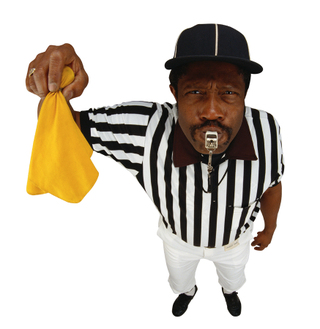I have been meaning to highlight post over at Rain City Guide on a more regular basis…I’m slipping! Here are a few I thought you might benefit from reading (or just click on over and check them all out).
Earlier this month, Jillayne tackled why you should not shop interest rates by APR. This is a must read if you are a "rate shopper".
There have been a couple post forecasting the future of our local real estate marketing, including this one from Ardell and Jon featured two posts that inspired reactions from the "Bubble Bloggers".
If you’re considering buying home at a new construction site, then Ardell’s post is a good read for you regarding dealing with site agents and when lots are released.
Yours truly added two post to RCG dealing with zero down buyers and the future for subprime borrowers.
Enjoy!

















Recent Comments